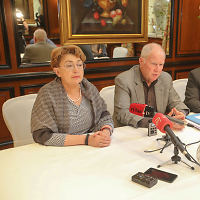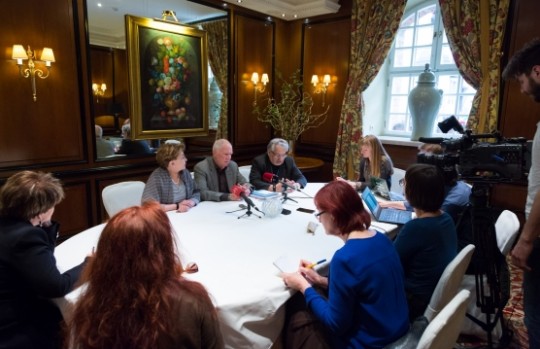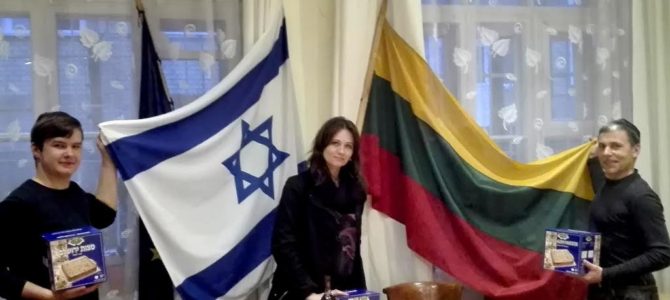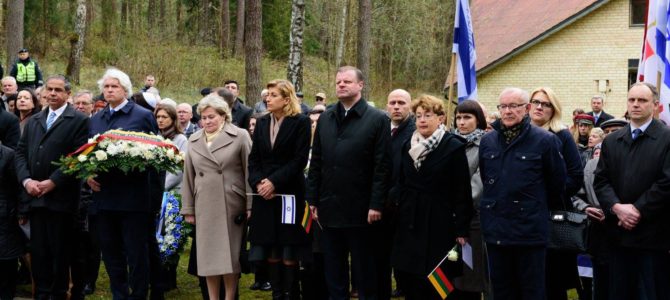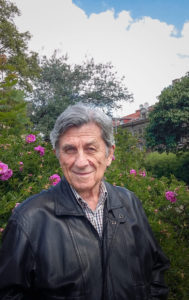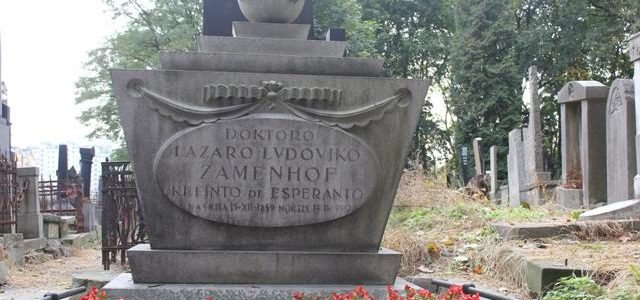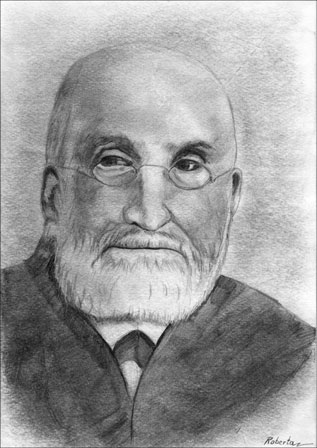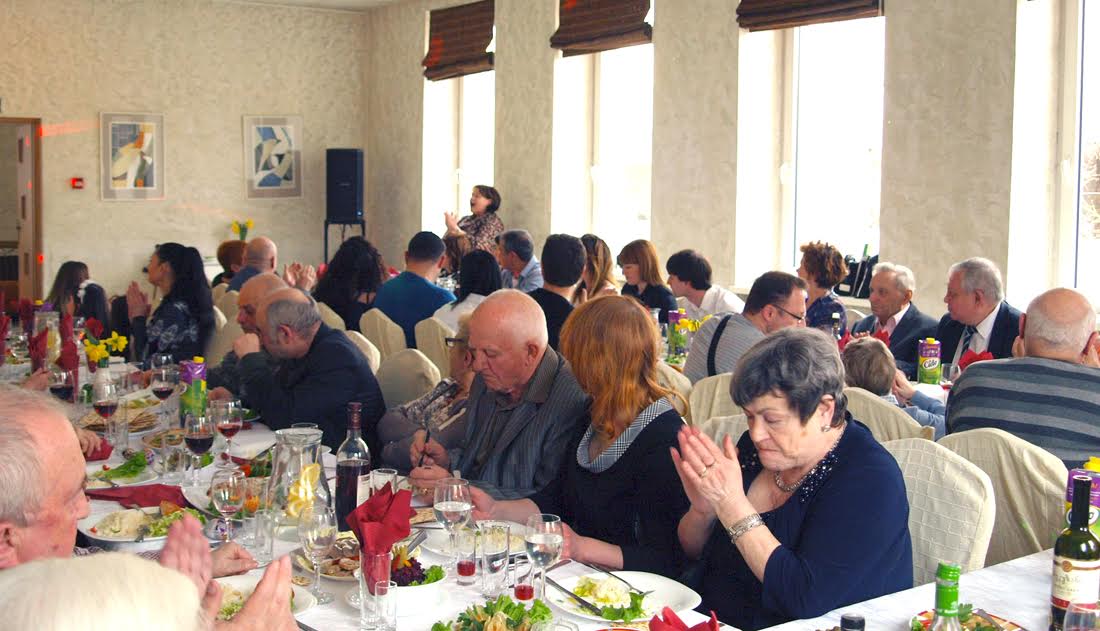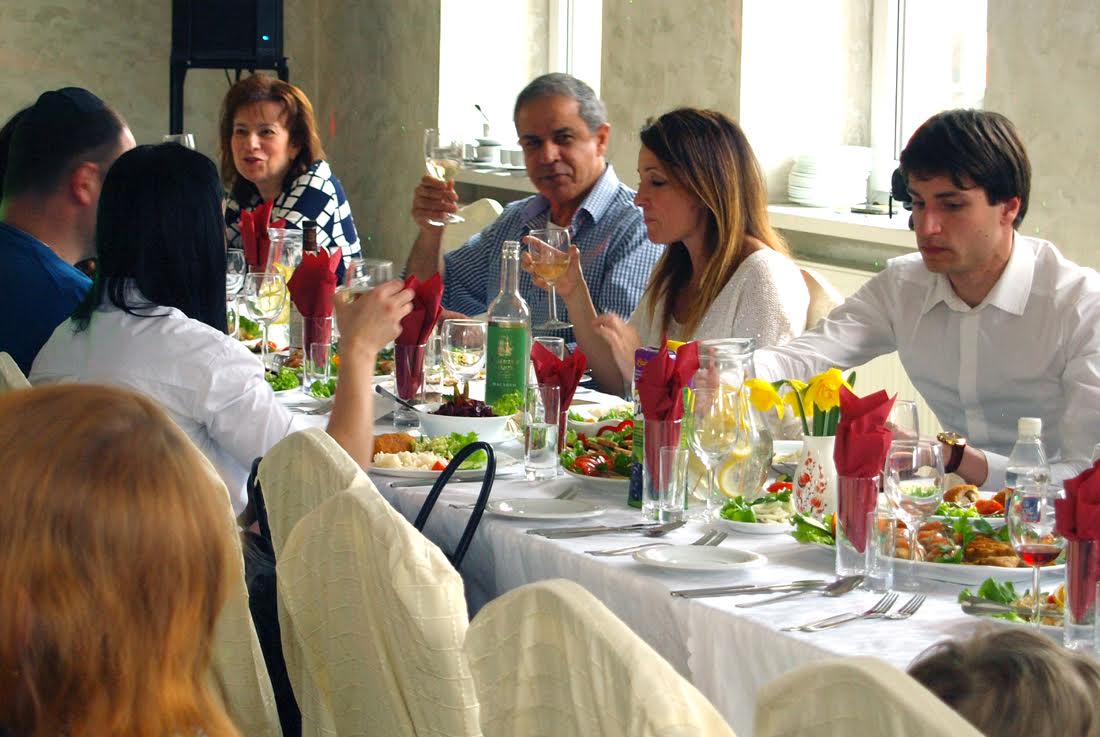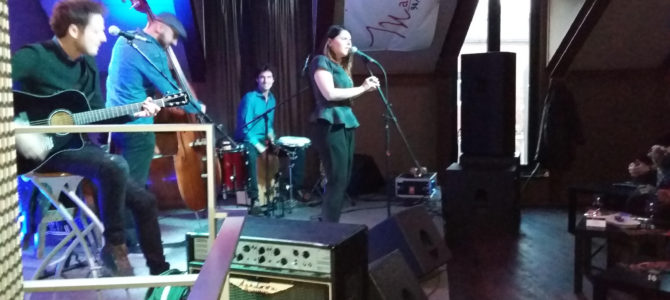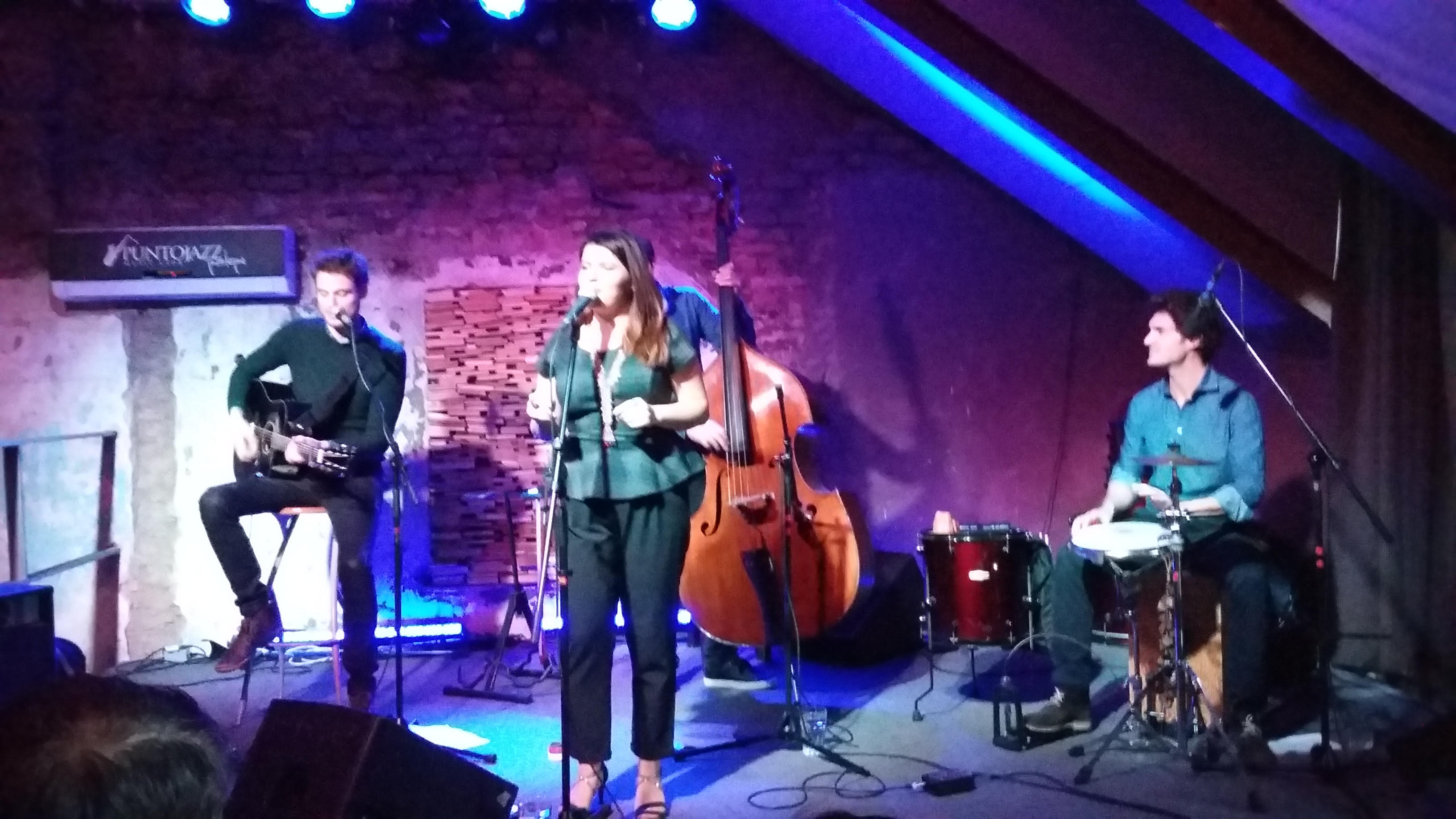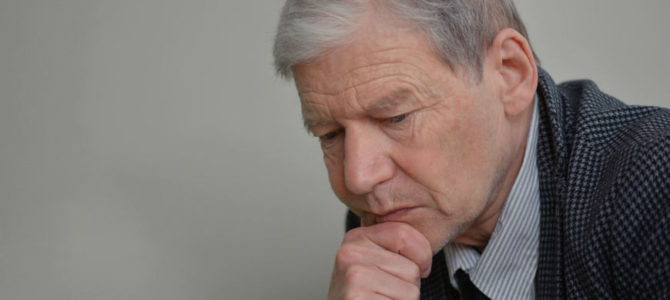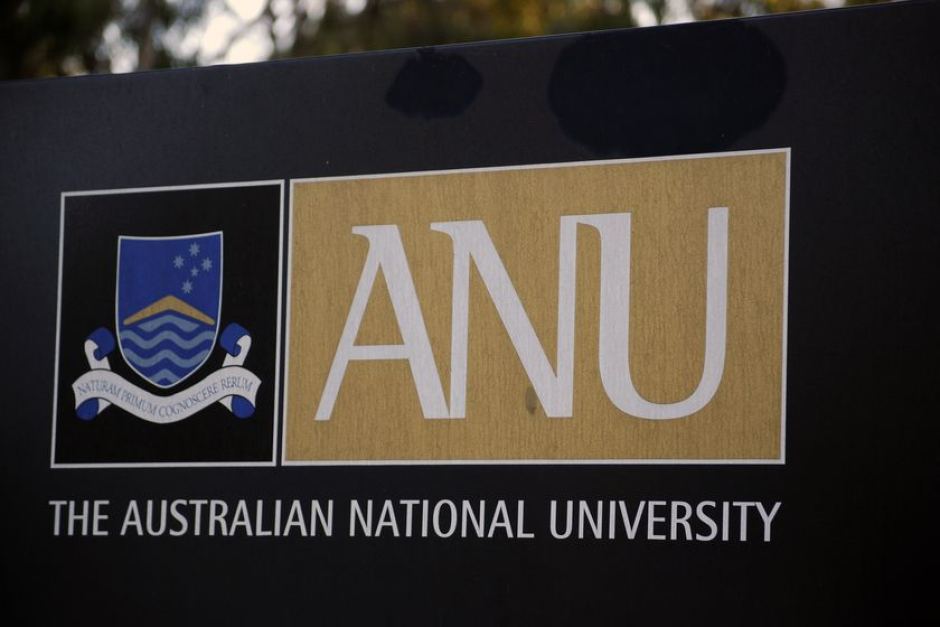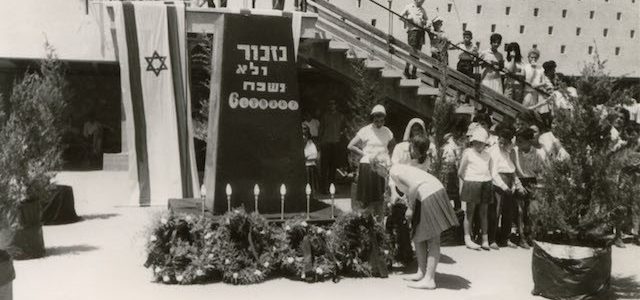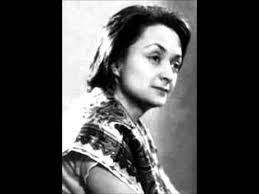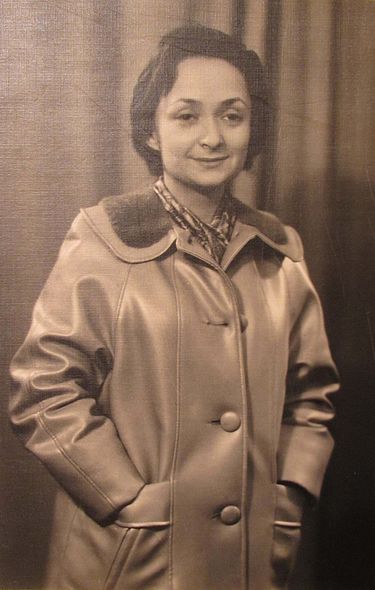
Press Release
A meeting of the executive board of the Goodwill Disbursement Foundation for Compensation for Jewish Religious Communal Property, or Goodwill Foundation, will be held April 27, 2017.
The formation of the Goodwill Foundation was an important step for Lithuanian Jews as well as the Lithuanian state, representing the first successful attempt to compensate at least partially the losses of fellow Jewish citizens during the Holocaust. Based on the law adopted, by 2023 the Lithuanian state budget is to transfer 37 million euros in compensation to the Goodwill Foundation to be disbursed for financing Lithuanian Jewish religious, cultural, health-care, athletic, educational and academic projects in Lithuania. The Lithuanian Government annually allocates approximately 3.6 million euros for purposes defined in the law on goodwill compensation. From its inception the Goodwill Foundation has expanded and become an organization striving for the sensible and appropriate use of funding for Lithuania’s Jews.
In 2014 the Goodwill Foundation began financing projects adhering to the prescribed goals laid out in law. Each year the Foundation has disbursed about half of the monies received from the Lithuanian Government, or about 1.6 million euros, setting aside the remainder for future projects. The chairs of the Goodwill Foundation, Rabbi Andrew Baker and Faina Kukliansky, have insured the efficacy of the Foundation’s work, as demonstrated by the conclusion of the 2016 audit by the Lithuanian State Auditor’s Office.
One of the top agenda items for the April 27, 2017, meeting of the executive board of the Goodwill Foundation is executing allocation of annual monetary compensation according to project applications received. The allocation of Goodwill Foundation monies for projects follows established criteria. The Goodwill Foundation’s executive board will also consider issues concerning investment of deferred funds, maintenance and acquisition of buildings in support of the activities of the Jewish communities, preservation of surviving portions of the Great Synagogue of Vilnius, plans for establishing Litvak museums and commemoration of and insuring due respect for the mass murder site at Ponar.
The Goodwill Foundation operates according to legal acts of the Republic of Lithuania and the findings and recommendations of international audit bodies, assuring the appropriate acceptance, assessment and approval of applications and the appropriate administration of the Goodwill Foundation itself. Our hope is the recommendations from the audits conducted will become an important tool helping the Foundation to achieve our goal of becoming an example of best practices for organizations disbursing funds for implementing projects.
Members of the media are invited to a press conference following the meeting of the executive board of the Goodwill Foundation on the ground floor of the Narutis Hotel, Pilies street no. 24, Vilnius, beginning at 2:00 P.M. The chairs and members of the executive board of the Goodwill Foundation will be at the press conference.
